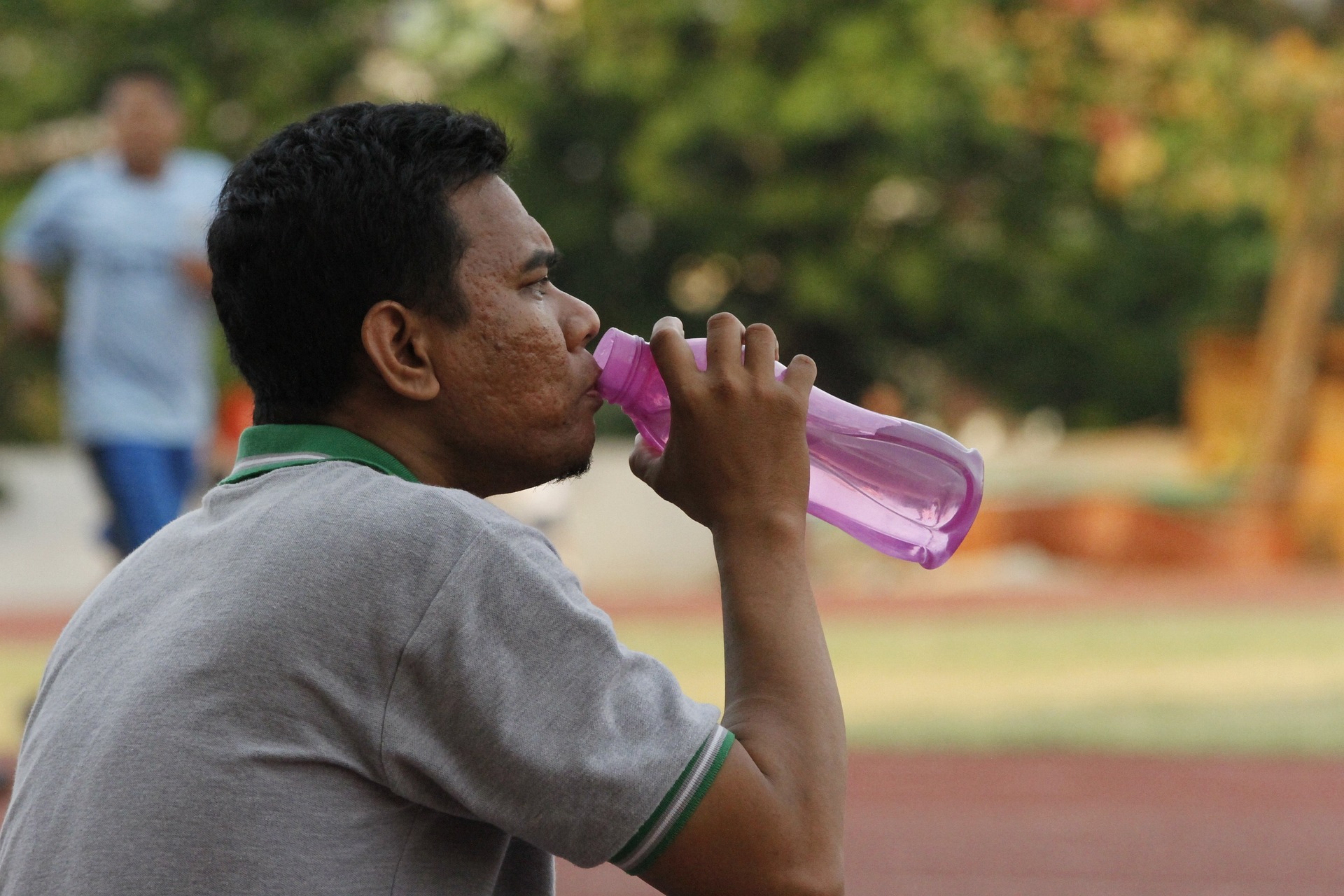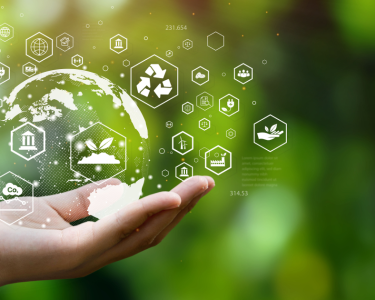Water has long been regarded as the ultimate thirst quencher, the elixir of life that keeps us hydrated and refreshed. However, in recent times, there has been a noticeable shift in beverage preferences, with water’s popularity seemingly fading. In this article, we delve into the curious case of water’s declining appeal and explore the factors contributing to this trend.
The Rise of Alternative Beverages:
One of the primary reasons for water’s fading popularity is the rise of alternative beverages. From carbonated sodas and energy drinks to flavored waters and sports beverages, the market is flooded with a plethora of options that cater to different taste preferences and offer added flavors, sweetness, or functional benefits. These alternatives have captured the attention of consumers seeking variety and excitement in their beverages.
Marketing and Branding Strategies:
The marketing and branding strategies employed by beverage companies also play a significant role in water’s declining popularity. Advertisements and endorsements often emphasize the appeal of flavored or enhanced beverages, presenting them as more exciting and desirable choices. Clever packaging, vibrant colors, and enticing flavor descriptions further entice consumers to opt for these alternatives over plain water.
Perception of Taste and Satisfaction:
Another factor contributing to water’s fading popularity is the perception of taste and satisfaction. Many people associate water with plainness and lack of flavor, which can be perceived as less enjoyable compared to other beverages. The desire for a more indulgent or stimulating taste experience leads individuals to gravitate towards alternatives that offer a variety of flavors, sweetness, or unique sensations.
Convenience and Accessibility:
The convenience and accessibility of alternative beverages also influence consumer choices. Bottled sodas, energy drinks, and flavored waters are readily available in vending machines, convenience stores, and restaurants, making them easily accessible in various settings. In contrast, finding clean and accessible drinking water can be more challenging in certain places, discouraging individuals from choosing water as their beverage of choice.
Social and Cultural Influences:
Social and cultural influences also shape beverage preferences. Advertising campaigns, peer influence, and societal norms can steer individuals towards certain beverages and away from others. In some cultures, social gatherings or celebrations may revolve around specific beverages, creating a sense of community and tradition. Water, being a neutral and ubiquitous choice, may not carry the same cultural significance or excitement as other beverages.
Concerns over Environmental Impact:
Growing concerns over plastic waste and environmental sustainability have also impacted water’s popularity. The environmental impact of single-use plastic bottles, often associated with bottled water consumption, has led to increased awareness and a shift towards more eco-friendly alternatives. Many consumers now opt for reusable water bottles or seek out other sustainable beverage options.
Promoting the Value of Water:
While alternative beverages offer variety and enjoyment, it is crucial not to overlook the importance of water for our overall health and well-being. Water is calorie-free, sugar-free, and essential for maintaining hydration, supporting bodily functions, and promoting overall health. Educating consumers about the value of water, its health benefits, and the significance of staying properly hydrated can help reestablish its rightful place as a top thirst quencher.
Encouraging Healthy Hydration Habits:
To promote the consumption of water and healthy hydration habits, several approaches can be taken. Public health campaigns can emphasize the importance of water in maintaining optimal health, highlighting its benefits and dispelling misconceptions. Schools and workplaces can provide accessible and appealing water stations to encourage regular water intake. Furthermore, incorporating fruit slices or herbs into water can add natural flavors and enhance its appeal.
Conclusion:
The fading popularity of water as a beverage choice can be attributed to various factors, including the rise of alternative beverages, marketing strategies, taste perception, convenience, cultural influences, and environmental concerns. However, it is essential to remember that water is irreplaceable when it comes to maintaining hydration and supporting overall health. By promoting the value of water and encouraging healthy hydration habits, we can ensure that this thirst quencher continues to play a vital role in our lives.




